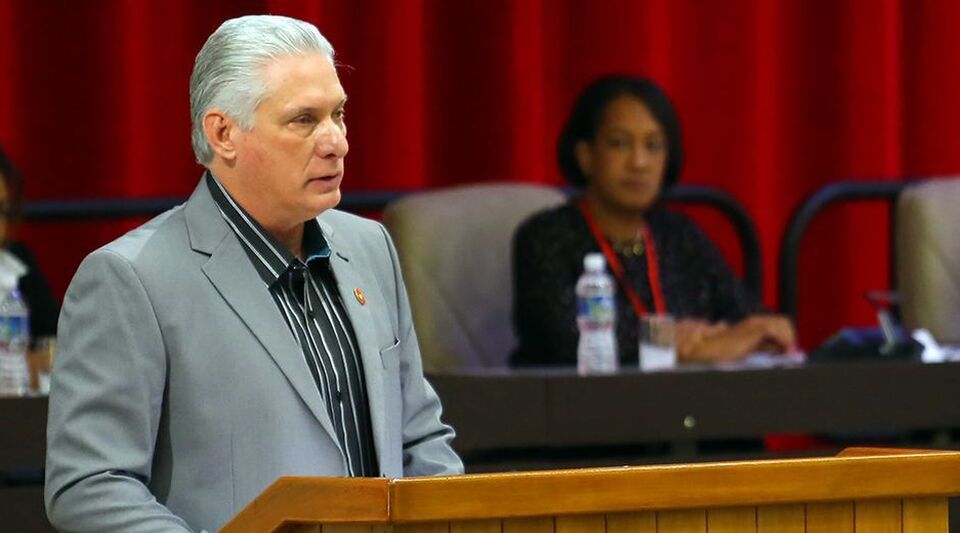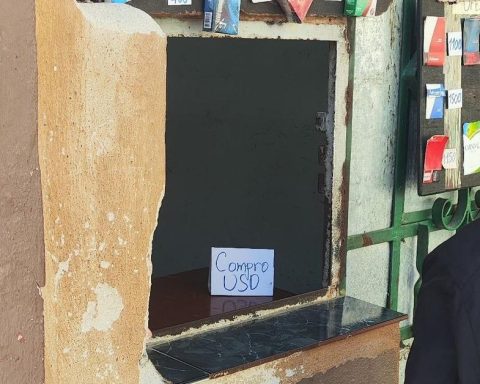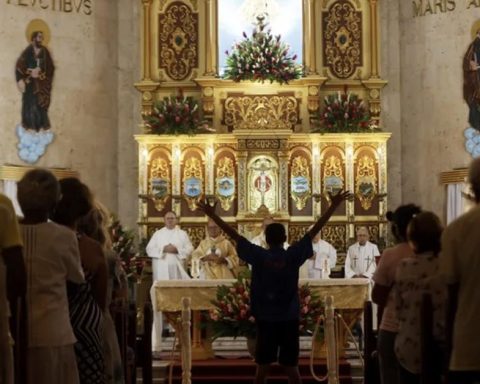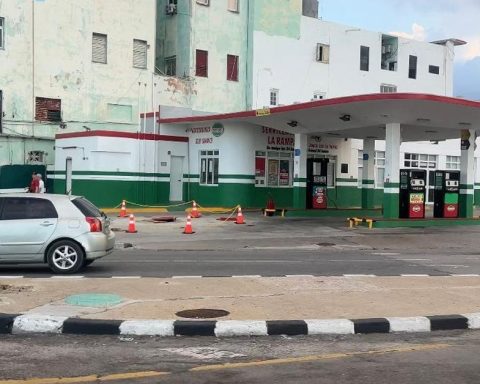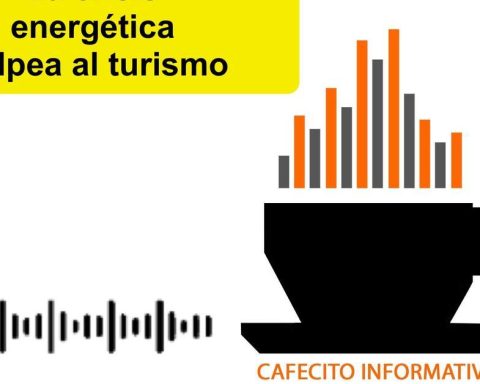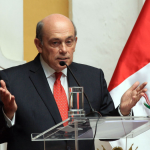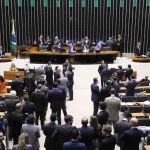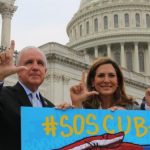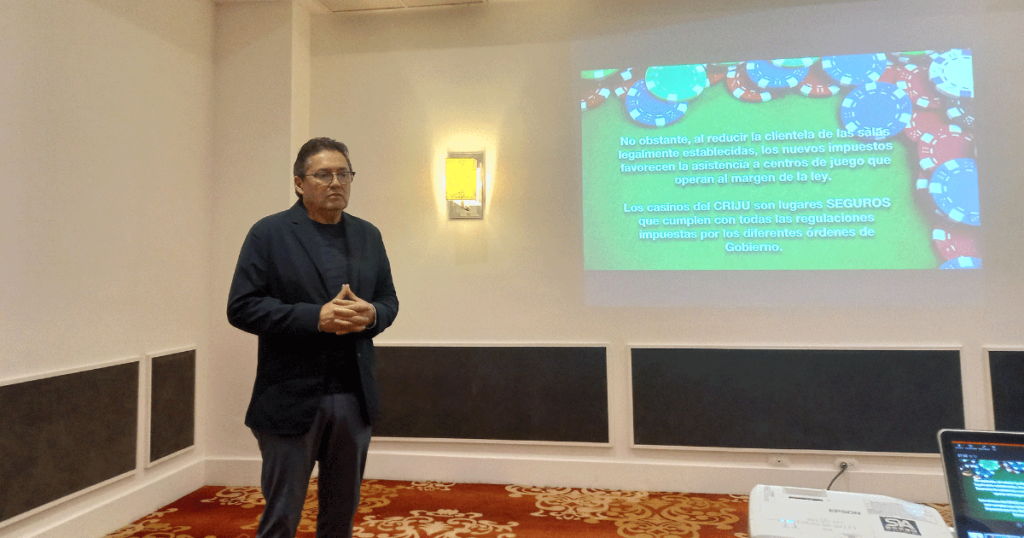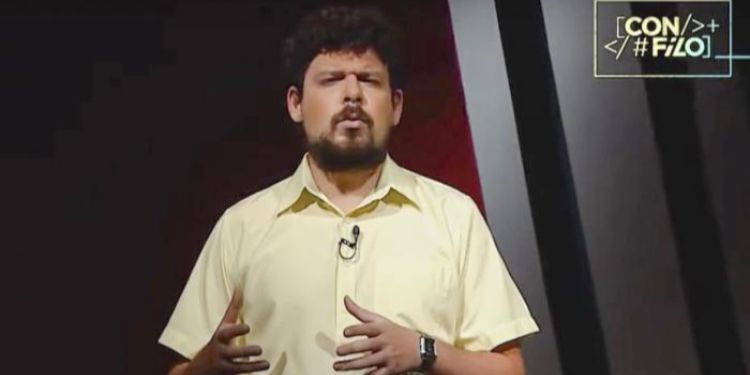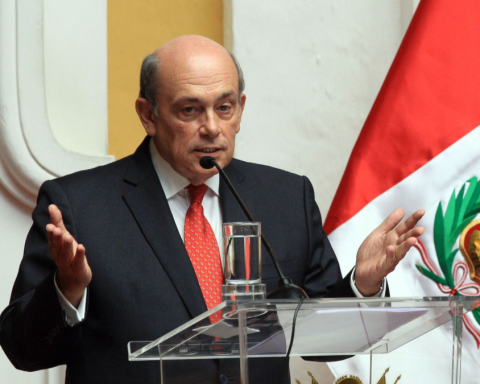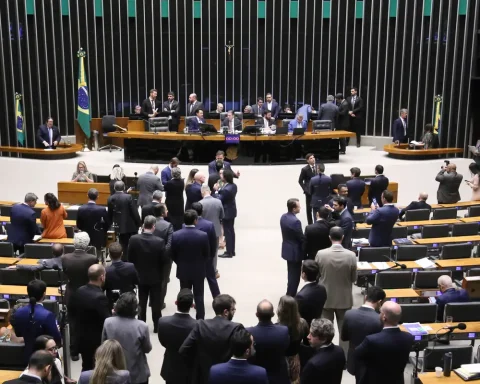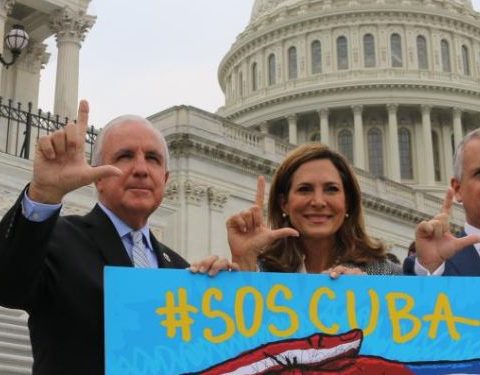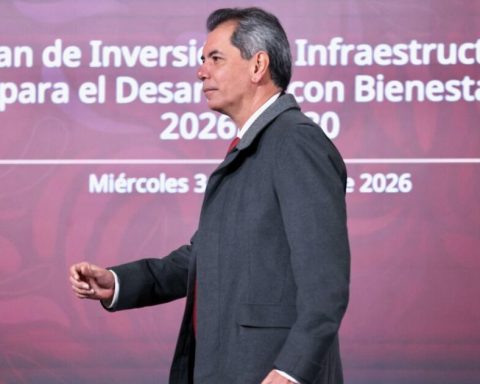With a tearful speech about his “personal dissatisfactions” at the head of the Government and in the presence of Raúl Castro, Miguel Díaz-Canel rendered accounts this Wednesday, at the Havana Convention Center, on his management of the country during 2022.
To the usual justifications to explain the economic drift of the Island -the blocking of the US, the aftermath of the coronavirus pandemic and the disasters caused by Hurricane Ian and the explosion of the Supertankers – added, careful not to offend Russia, “the new problems generated by the conflict in Europe” and inflation international.
Faced with the economic crisis, he said he felt he was “mainly responsible”, but qualified by stating that he had limited himself to assuming “continuity from a dialectical perspective”. He wasted no opportunity to scold local and provincial bureaucrats, clarifying that although he knows what the problems are, he hopes “no one will receive them as justification.”
The Assembly of People’s Power, he warned, will continue in 2023 its “high legislative work” of promulgating other laws that “develop the Constitution” and face the “difficult Cuban daily life.”
The president was slow to enter into economic matters, and when he did it was to repeat the opinion of the Minister of EconomyAlejandro Gil, during the plenary session of the Communist Party: the situation is “difficult”, the Government no longer knows where to extract the necessary foreign currency and the measures of the Ordering Task were not enough to alleviate the financial disaster.
He spoke cryptically of the “increase in the income of natural persons without productive support” and was alarmed by the “partial dollarization of the economy”
He spoke cryptically of the “increase in the income of natural persons without productive support” and was alarmed by the “partial dollarization of the economy”, which has had a notable impact on the rise in the prices of products.
After vaguely criticizing Washington for keeping the blocking as a “cruel, illegitimate, and immoral weapon of coercion,” Díaz-Canel lavished praise on the Biden Administration. He said he was interested in the “nearly two million people of Cuban origin or their descendants” who live in Florida and stated that he wanted to “promote broader ties” with the United States.
He mentioned the technical assistance offered by the US authorities during the explosion of the Supertanker Base, despite the fact that, at the time, the official press initially denied the existence of such assistance and later considered it “insufficient”.
Díaz-Canel also recalled that the United States donated 100 firefighter suits, in addition to fire-fighting and protective equipment, which arrived in Cuba a week ago. It was a “grateful and accepted” initiative, he said modestly.
In addition, he spoke of the two million dollars sent by the United States Agency for International Development (USAID) – one of the US institutions that the regime has criticized most emphatically – after Hurricane Ian passed through western Cuba. “Aid without conditions,” he assured, attributing it not to USAID but to the Biden government, “for which we also thank and accept it.”
However, he did not miss the opportunity to lament the “open policy of subsidies and the attempts to destabilize the country”, paid for with “tens of millions of dollars from the federal budget.” The United States “trained individuals to commit violent acts against Cuba,” she said, referring to accusations launched by Cuban Television against presumed criminals against the State captured by the Police.
He did not miss the opportunity to lament the “open policy of subsidies and the attempts to destabilize the country”, paid for with “tens of millions of dollars from the federal budget”.
Finally, he acknowledged that despite everything, Cuba and the US are experiencing a sort of thaw, although with “very discreet steps, aimed at directing bilateral cooperation for compliance with migration agreements and also in other priority areas between the two countries. “.
On Vladimir Putin’s invasion of Ukraine, he limited himself to also blaming the United States and its “harmful imperialist effort to try to divide the world”, although he admitted that the war was complicating the global economic situation.
Regarding his political influence in Latin America and the possibility of an alliance with the governments of the Latin American “new left”, he welcomed the rapprochement with Cuba of several presidents, such as Gustavo Petro and Andrés Manuel López Obrador. The “greetings” also reached Daniel Ortega, Luis Arce and Nicolás Maduro, and discreetly pointed out the “mutual benefit” of relations with Argentina, but there was no reference to Chile, with whose president, Gabriel Boric, Havana has not finished sympathize
The president avoided, of course, mentioning the former president of Peru, Pedro Castillo, whose self-coup did not deserve a comment from the Cuban leadership until after two days.
At the end of the speech – and without finally deciding on triumphalism or self-criticism – Díaz-Canel affirmed that he felt guilty “for not having been able to achieve, from the leadership of the country, the results that the Cuban people need to achieve the desired and expected prosperity”.
________________________
Collaborate with our work:
The team of 14ymedio He is committed to doing serious journalism that reflects the reality of deep Cuba. Thank you for accompanying us on this long road. We invite you to continue supporting us, but this time becoming a member of our newspaper. Together we can continue transforming journalism in Cuba.
